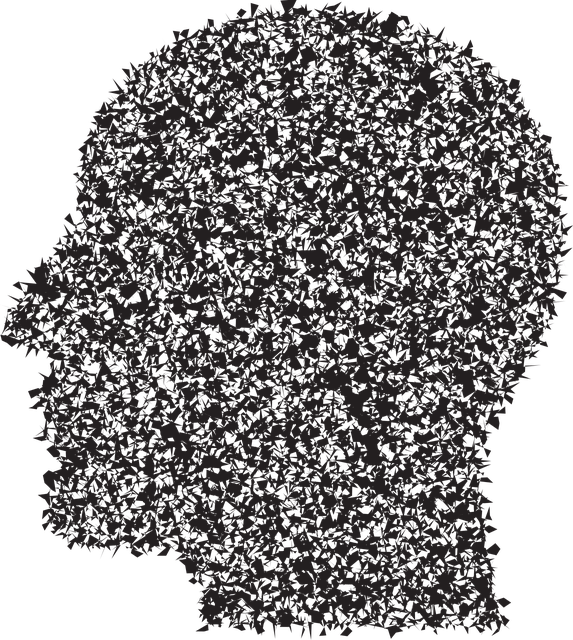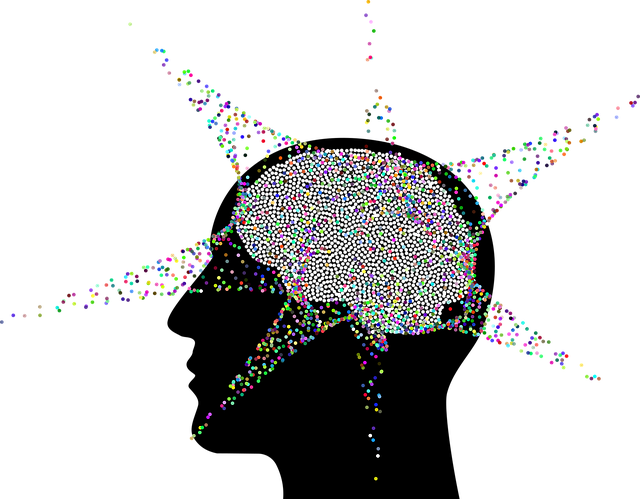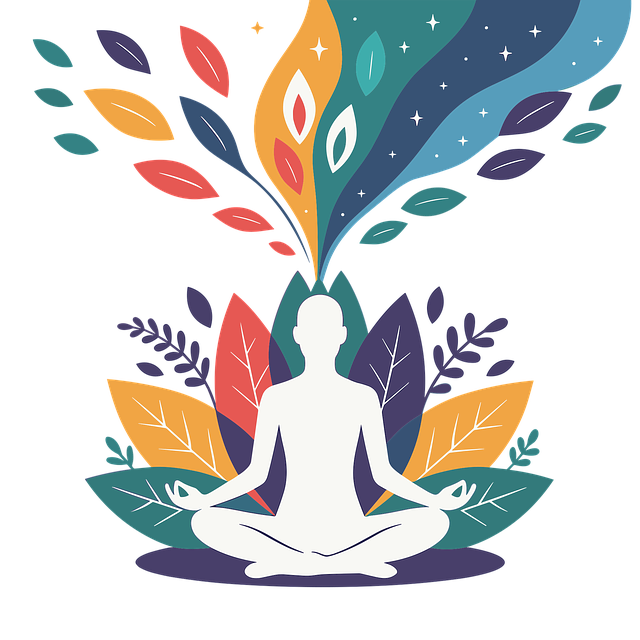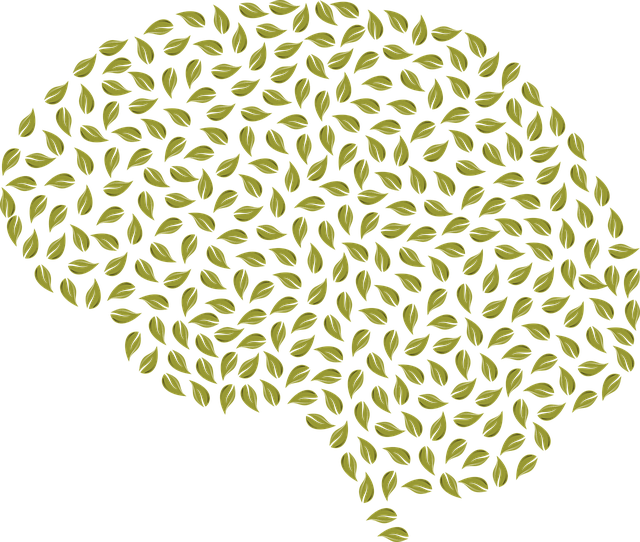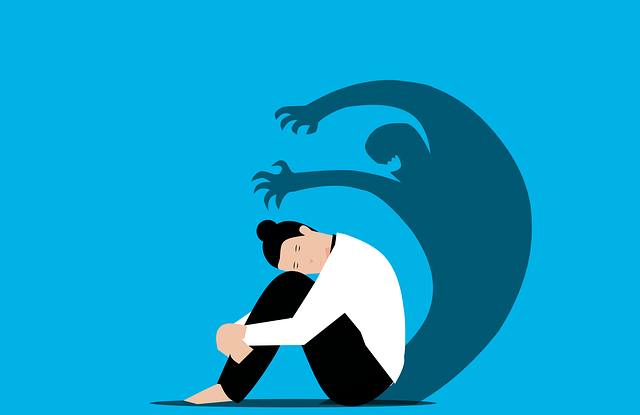Boulder Anxiety Therapy (BAT) offers a holistic, evidence-based approach to managing anxiety disorders through cognitive behavioral therapy, mindfulness, and personalized stress management. Evaluating BAT requires a dual approach combining quantitative data (like standardized questionnaires) with qualitative observations (structured interviews, behavior analysis). Effectiveness is measured by symptoms reduction, quality of life improvements, emotional healing processes, and follow-up assessments. Client feedback through surveys guides program refinements, ensuring tailored care and continuous development. By integrating Compassion Cultivation Practices and Confidence Boosting techniques, BAT fosters mental health awareness and resilience, transforming lives in a dynamic world.
Mental wellness programs are increasingly vital in addressing modern challenges, with methods like Boulder Anxiety Therapy gaining traction. This article explores comprehensive evaluation techniques for such initiatives. We delve into the program’s effectiveness through an overview of Boulder Anxiety Therapy, assessment metrics, client feedback, and continuous improvement strategies. Discover how these elements synergize to optimize mental health support, leveraging data-driven insights for better outcomes.
- Understanding Boulder Anxiety Therapy: An Overview of the Program
- Assessment Techniques for Mental Wellness Programs
- Measuring Effectiveness: Evaluation Metrics for Anxiety Therapy
- Client Feedback and Satisfaction Surveys: A Powerful Tool
- Continuous Improvement: Iterating Your Mental Health Initiative
Understanding Boulder Anxiety Therapy: An Overview of the Program

Boulder Anxiety Therapy (BAT) is a comprehensive mental wellness program designed to help individuals manage and overcome anxiety-related disorders. This innovative approach integrates evidence-based therapeutic techniques with a holistic view of mental health, focusing on both the mind and body. The program’s core philosophy emphasizes the importance of understanding and addressing the root causes of anxiety, rather than simply treating symptoms.
BAT takes a multi-faceted approach to anxiety relief, combining cognitive behavioral therapy (CBT), mindfulness practices, and stress management strategies tailored to each individual’s needs. Through personalized sessions, participants learn effective coping mechanisms, build resilience, and cultivate a deeper sense of self-awareness. This holistic mental health program not only aids in burnout prevention but also supports long-term recovery by fostering environmental adaptations and behavioral changes aligned with the participant’s goals.
Assessment Techniques for Mental Wellness Programs

Evaluating mental wellness programs requires a multifaceted approach to assess their effectiveness. One crucial aspect is the use of assessment techniques that go beyond self-reported measures. Tools like structured interviews, observations, and behavioral assessments provide valuable insights into clients’ progress. For instance, in the context of Boulder Anxiety Therapy, clinicians might employ standardized questionnaires to gauge anxiety levels before and after the program, alongside semi-structured conversations to explore changes in coping strategies.
Additionally, incorporating techniques such as conflict resolution training and coping skills development within the assessment process can offer a holistic view of participants’ well-being. By combining quantitative data with qualitative observations, mental wellness programs can effectively measure the impact of their interventions, ensuring that clients receive the best possible care tailored to their unique needs. This approach, inclusive of methods like Anxiety Relief strategies and Conflict Resolution Techniques, enables professionals to track progress, identify areas for improvement, and ultimately enhance overall program efficacy.
Measuring Effectiveness: Evaluation Metrics for Anxiety Therapy

Measuring the effectiveness of Boulder Anxiety Therapy goes beyond simply tracking attendance or satisfaction rates. Effective evaluation metrics for anxiety therapy should assess both symptoms reduction and improvements in quality of life. This includes measuring changes in specific anxiety-related symptoms, such as frequency and intensity of panic attacks, avoidance behaviors, and physiological arousal.
Additionally, evaluating the long-term impact on emotional healing processes is crucial. Metrics could include follow-up assessments to track sustained reductions in anxiety levels, improvements in coping strategies, and enhanced resilience over time. Incorporating feedback from participants through surveys and interviews provides valuable insights into their perceived benefits and areas for improvement, ultimately informing the development of more effective Mental Wellness Coaching Programs.
Client Feedback and Satisfaction Surveys: A Powerful Tool

Client Feedback and Satisfaction Surveys are a powerful tool in evaluating mental wellness programs, offering valuable insights into their effectiveness. At Boulder Anxiety Therapy, we recognize that understanding client experiences is paramount to enhancing our services. These surveys provide a direct line of communication between therapists and individuals seeking support, allowing for the collection of qualitative and quantitative data.
Through structured questionnaires, clients can share their perceptions of therapy sessions, the overall program’s impact on their mental wellness journey, and specific aspects they find beneficial or challenging. This feedback is invaluable in identifying areas for improvement, whether it’s refining a particular Mental Wellness Journaling Exercise Guidance, implementing burnout prevention strategies, or enhancing risk assessment protocols for mental health professionals. By actively incorporating client voices, we can tailor our approaches to better serve individuals navigating anxiety and related challenges.
Continuous Improvement: Iterating Your Mental Health Initiative

In the realm of mental wellness programs, continuous improvement is a cornerstone of effective initiatives. Just as Boulder Anxiety Therapy understands the evolving nature of individual needs, so too should organizations adapt and refine their strategies to maximize impact. Iteration involves regularly assessing program outcomes and participant feedback, identifying areas for enhancement, and implementing changes accordingly. This dynamic approach ensures that the mental health support offered remains relevant, engaging, and beneficial over time.
One powerful method driving this process is integrating Compassion Cultivation Practices, which can boost participants’ overall well-being while reducing stigma associated with mental illness. Similarly, focusing on Confidence Boosting techniques within these programs can empower individuals to navigate challenges more effectively. By regularly reviewing and updating their strategies, organizations like Boulder Anxiety Therapy can foster inclusive environments that truly transform lives, promoting mental health awareness and resilience in a constantly changing world.
The evaluation of mental wellness programs, including Boulder Anxiety Therapy, is a multifaceted process that combines assessment techniques, effectiveness metrics, and client feedback. By understanding these various components, organizations can iteratively improve their mental health initiatives, ensuring they provide evidence-based support tailored to the needs of their clients. Integrating continuous improvement strategies allows for a dynamic approach, fostering better outcomes and enhanced satisfaction among those seeking assistance. This holistic evaluation method is key to revolutionizing mental wellness care.







